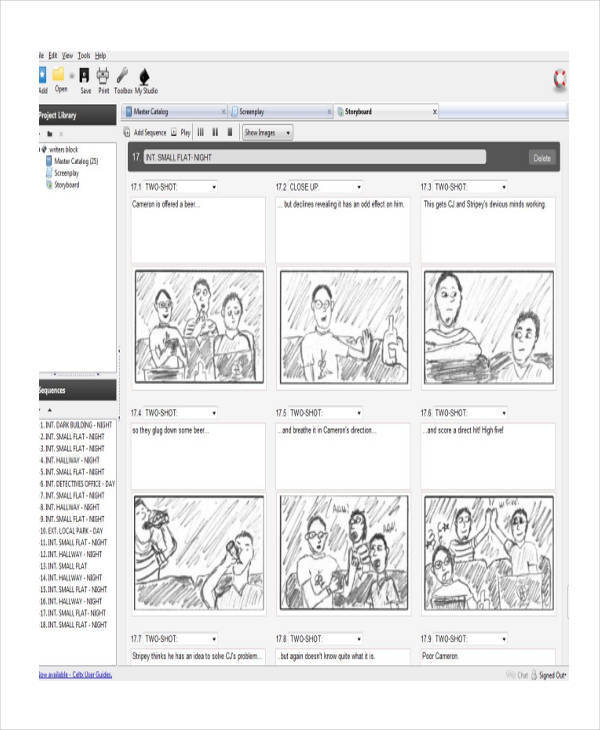Rodent Handling and Restraint Techniques

Overview
It has been demonstrated that also minimal management of mice and rats is stressful to the animals. Handling for cage changing and other noninvasive procedures causes an increase in heartrate, bl d pressure levels, along with other physiological parameters, such as for example serum corticosterone levels. Changes can continue for up to a long time. The techniques of restraint necessary for injections and bl dstream withdrawals also result physiological changes that can possibly affect data that are scientific. Training in the proper managing of mice and rats is required to reduce the consequences towards the pets. 1 Mice and rats is restrained manually with restraint products, or with chemical agents. Manual practices plus the usage of discipline products are covered in this manuscript. All restraint techniques include the procedure of raising the animals from their house cage.
Concepts

Typical methods for removing either a mouse or a rat from its cage involve lifting the animal by the end, making use of forceps to seize the scruff regarding the neck or f t of the end, employing a tube or other enrichment unit, 2 grasping round the human body, or sc ping the animal to the palm. 3,4
When raising a mouse or rat by the tail, it’s imperative that the end be grasped during the base close to the rump associated with the animal. If the animal be lifted through the final end regarding the tail, your skin of this end can deglove and start to become pulled down by the worries associated with the bodyweight; a degloving damage can lead to the end being amputated. 3 going an animal from one cage to a different, or to a surface that is working should be done quickly and steadily. Continue reading “Source Kay Stewart, RVT, RLATG, CMAR; Valerie A. Schroeder, RVT, RLATG. University of Notre Dame, IN”
